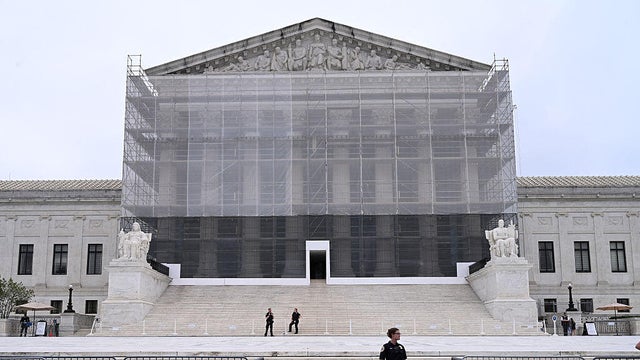

No response returned

An Alabama death row inmate's murder conviction has been called into question by recent forensic tests that show another man's DNA on the victim's body. Decades after he was originally found guilty and sentenced, a federal judge ordered a new trial for Christopher Barbour in a ruling last week.
Barbour, ow 56, was convicted in the 1992 deadly stabbing of Thelma Bishop Roberts in Montgomery. His confession, in which Barbour admitted to helping another man rape Roberts before killing her, was a key part of the state's case against him. But court documents show he later recanted and has long said that police coerced him into confessing, with Barbour's former legal counsel alleging a detective physically assaulted Barbour in order to do that. Barbour has maintained his innocence since recanting.
New DNA testing done in 2021 revealed that semen on the victim's body belonged to Roberts' neighbor, who is currently incarcerated for a different, unrelated murder.
Barbour's attorneys argued in an earlier court filing that "Mr. Barbour's innocence is patently clear."
In the order granting Barbour a new trial, Chief U.S. District Judge Emily C. Marks said that Barbour's conviction was tainted because prosecutors did not turn over bench notes from the initial forensics report that excluded Barbour, as well as the man he said raped the victim, as the source of the DNA. That information, Marks said, could have used to cast doubt on Barbour's confession, which was the primary evidence against him at trial.
"Barbour has shown that the prosecution's knowing use of false evidence may have had an effect on the outcome of the trial," Marks wrote in the ruling last week, which found that the prosecution violated Barbour's constitutional rights to due process under the 14th Amendment.
The state had argued that the DNA results do not exonerate Barbour. A spokesman for Alabama Attorney General Steve Marshall said the state plans to appeal the decision.
The ruling came in a civil case that Barbour filed challenging his conviction on the grounds that his rights were violated. Marks gave the state 90 days to begin preparations for a new trial.
Marks did not rule on Barbour's innocence claim but wrote that he can now "argue as much to a jury." Marks wrote in a ruling last year that the new DNA information "is powerful evidence that Barbour's confession is false, and that Mrs. Roberts' murder did not occur as the prosecution presented it at trial."
Barbour has been on Alabama's death row since 1994.





